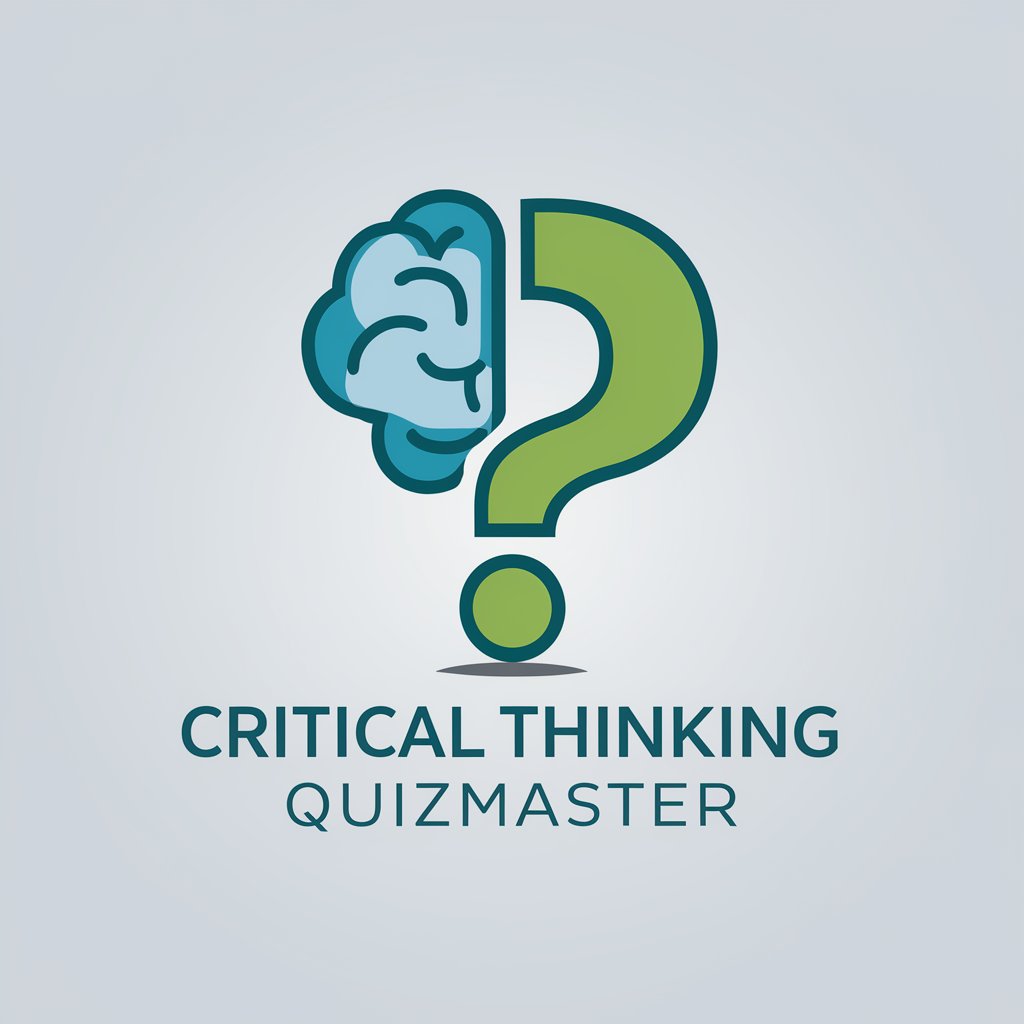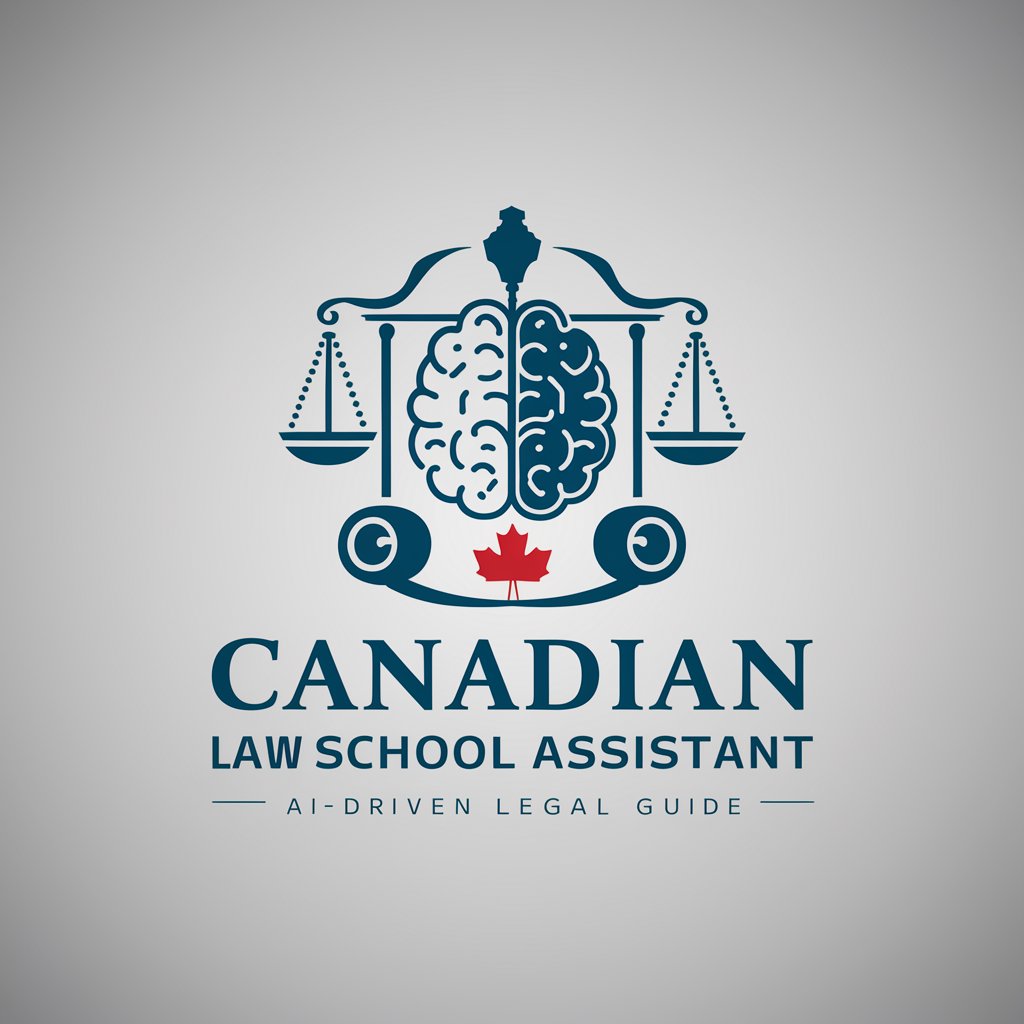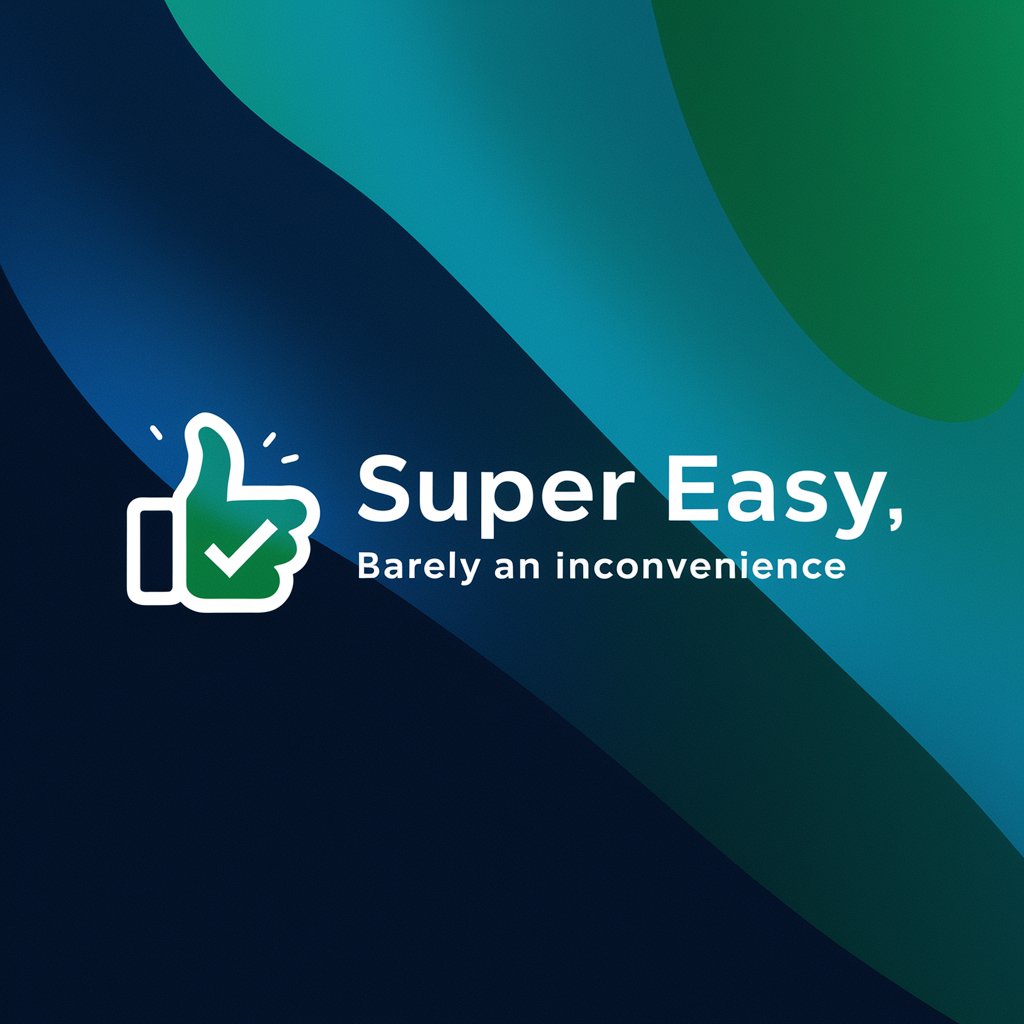Rarely Taught But Should Be - AI-powered Learning Assistant

Welcome! Let's explore essential life skills together.
Empowering through Knowledge
Explain the importance of financial literacy and how it impacts everyday life.
Share an overlooked historical event that significantly shaped the modern world.
Describe practical money management tips that everyone should know.
Discuss essential day-to-day skills that are often not taught in school.
Get Embed Code
Overview of Rarely Taught But Should Be
Rarely Taught But Should Be is a specialized educational GPT designed to provide information on essential yet often overlooked topics. Its purpose is to fill the gaps in traditional education by focusing on critical life skills such as financial education, money management, and lesser-known historical events. It also covers practical day-to-day skills. The design of this GPT is tailored to offer accessible, clear, and engaging information, making it easier for users to understand and apply in real-life scenarios. For example, it can transform complex financial concepts like compound interest or budgeting into easy-to-digest advice suited for everyday decision-making. Powered by ChatGPT-4o。

Core Functions and Real-World Application
Financial Education
Example
Explaining the importance of emergency funds
Scenario
A user seeking to start saving is guided through the process of setting up an emergency fund, including practical steps to calculate the required amount and strategies to consistently save.
Historical Education
Example
Detailing significant but lesser-known historical events
Scenario
A high school student working on a project about the Cold War can learn about events like the Able Archer 83 exercise, which is rarely covered in textbooks but had a profound impact on U.S.-Soviet relations.
Day-to-Day Practical Skills
Example
How to read utility bills effectively
Scenario
A new homeowner is unsure how to manage household expenses. The GPT can break down how to read and analyze various charges on utility bills, helping the homeowner to better manage and reduce costs.
Target User Groups
Students and Lifelong Learners
This group benefits from deepening their understanding of niche subjects and gaining practical skills that are not typically taught in schools but are essential for personal development and informed citizenship.
Young Adults and New Professionals
These users often find themselves managing personal finances, career decisions, and household responsibilities for the first time. They benefit from guidance on budgeting, understanding financial products, and navigating the early stages of their careers.

How to Use Rarely Taught But Should Be
Start without Signup
Visit yeschat.ai for a free trial without login, also no need for ChatGPT Plus.
Identify Learning Objectives
Decide which skills or knowledge areas you want to explore, such as financial literacy, historical insights, or practical life skills.
Ask Specific Questions
Pose specific questions or state the topics you're interested in to receive focused, detailed educational content.
Utilize Follow-up Queries
Engage with the tool by asking follow-up questions to deepen your understanding or clarify complex topics.
Apply Learned Knowledge
Implement the insights and skills learned in real-life scenarios to fully benefit from the educational content provided.
Try other advanced and practical GPTs
Gloomy Gail
The AI with a bleak outlook.

Soft Architect Advisor
Streamlining Architecture with AI

Soft Skills Coach
Enhancing interpersonal skills with AI

Critical Thinking Quizmaster
Sharpen Your Mind with AI

Top Plagiarism Checker
AI-driven Integrity for Your Text

Canadian Law School Assistant
Empowering legal understanding with AI

opm
Streamline Operations with AI Insights

Super Easy
Empowering through simplicity

Realism in USA and Europe
Exploring Artistic Realities with AI

Renaissance Art and Sculpture in Europe
Reviving art history with AI

Sarcasmo
Empowering chats with AI-powered sarcasm

Ancient Art
Explore Art History with AI

Frequently Asked Questions about Rarely Taught But Should Be
What makes Rarely Taught But Should Be different from other educational tools?
This tool focuses on delivering content in essential yet often overlooked areas like financial education, historical events not widely taught, and practical skills, offering unique, in-depth learning opportunities.
Can I use Rarely Taught But Should Be for school assignments?
Absolutely. It can provide detailed explanations and insights into various topics that can enhance your research and understanding, making it a valuable tool for academic assignments.
How does Rarely Taught But Should Be handle complex topics?
The tool breaks down complex subjects into simpler, more manageable parts, making it easier for users of all ages to understand and absorb the material.
Is there a way to track my progress or revisit previous discussions?
While the tool currently doesn't track progress, you can always keep notes of your sessions or use the session history to revisit past interactions.
What should I do if I'm not satisfied with the answer provided?
You can ask for further clarification, request more detailed explanations, or pose your question differently to get a more satisfying answer.
